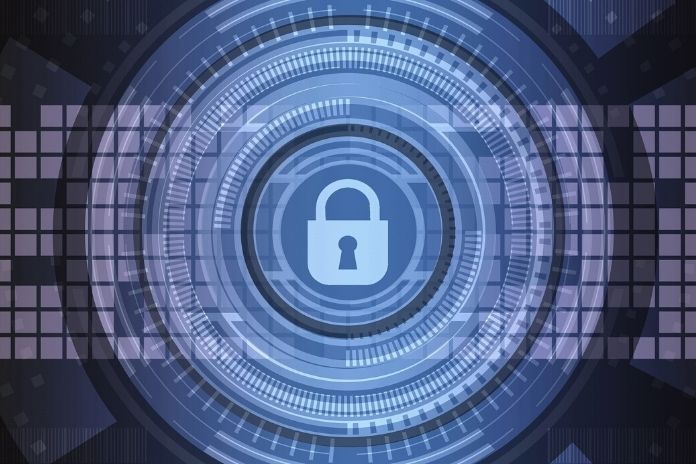Current quantum PCs risk the security of encryption calculations – they could unscramble the present scrambled messages without much of a stretch. The quantum PCs are progressively amazing, and as innovation propels, there are new issues for security. Not long from now, the quantum registering force could be to such an extent that it compromises the safety of current encryption calculations, putting clients’ protection in danger.
This is because cutting-edge quantum PCs will want to translate a large part of the cryptography being used today, addressing a genuine threat to the transmission and security of touchy information, private and corporate interchanges, and, surprisingly, the military. Thus, the PC business has effectively found ways to foster new secure cryptographic calculations, test them and take on them.
Organizations, state-run administrations, and distributed computing administrations are getting ready for the period of post-quantum cryptography, with organizations like IBM and Thales previously beginning to create and offer quantum calculation confirmation cryptographic frameworks.
Quantum Computers: Why They Are A Threat
From one viewpoint, quantum PCs offer higher figuring power than “standard” PCs, permitting you to take care of issues and perform progressively intricate estimations. Then again, the extraordinary registering force will help him to unravel even the current cryptographic calculations in an extremely short time frame, contrasted and the millennia required by the best contemporary “exemplary” supercomputers.
Quantum figuring has taken significant steps lately, with Google defining itself to make the principal purchaser quantum PC by 2029. The other enormous names in innovation, from IBM and Intel to Microsoft and Honeywell, put resources into the innovative work of quantum PCs. Furthermore, there are likewise new businesses like IonQ, Xanadu, and Silicon Quantum Computing close by them.
Accordingly, the registering force of quantum PCs addresses a genuine danger to information assurance, and organizations know about this. Utilizing a quantum PC, it will be feasible to disregard interchanges, yet in addition, the advanced marks that today ensure the honesty of programming refreshes, like programs, applications, and working frameworks, adequately preparing for new infections and malware. A danger that the IT business can’t manage.
Post-Quantum Cryptography: Towards A New Standard
Post-quantum cryptography emerges in light of the danger that quantum PCs might present sooner rather than later. Organizations pursue each other to grow new and progressively amazing PCs and accomplish quantum incomparability. They work in corresponding ways to make new and progressively complex cryptographic calculations to ensure a worldwide security standard.
Organizing the work of scientists throughout the planet is the US National Institute of Standards and Technology (NIST), which expects to normalize the new cryptography. Specifically, organizations and colleges are attempting to foster calculations that ensure two cryptographic exercises: advanced keys and computerized marks. The new calculations will be chosen by 2022, so the forms that will endorse the new norm of post-quantum cryptography will be acquired by 2024.
The new calculations can, in this way, ensure the security important to secure passwords, Mastercard numbers, financial reports, and all touchy data that should be scrambled, both private and corporate and military. Even though it will, in any case, require a long time before quantum PCs are broad, the PC business likes to hide and expand the security of its cryptographic frameworks.
This is since, supposing that an “ordinary” PC requires around 300 trillion years to break interchanges ensured with RSA encryption calculations that have a 2048-piece computerized key, a quantum PC fueled by 4099 qubits would need only 10 seconds. What’s more, Google is planning to dispatch its 1000 qubit quantum PC ahead of schedule as of 2029, a gadget sufficiently stable to play out an extensive calculation.
Quantum Transition: The New Challenge
The main post-quantum cryptographic calculations are now accessible, and soon there will be another mechanical test to confront: the quantum progress. While NIST is normalizing new calculations, many organizations are now picking items, for example, those presented by IBM or Thales, to start testing quantum cryptographic frameworks.
PC specialists currently suggest utilizing a half-breed approach for information assurance and protection safeguarding, depending on a twofold encryption framework, both traditional and post-quantum. Quantum progress will not be a simple interaction and will set aside time. However, it is positively an important stage to ensure network safety around the world.
Also Read: What Will Google’s New Quantum Supercomputer Look Like

